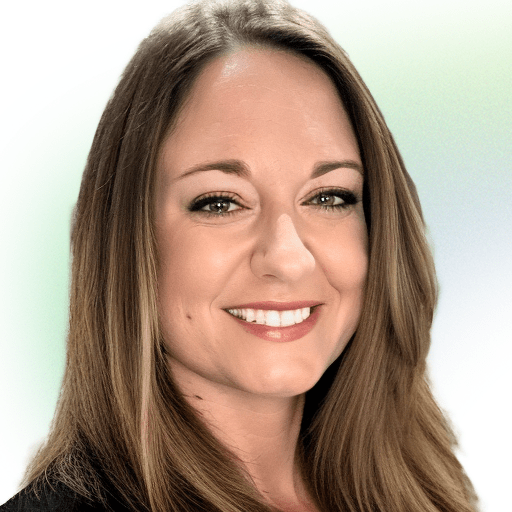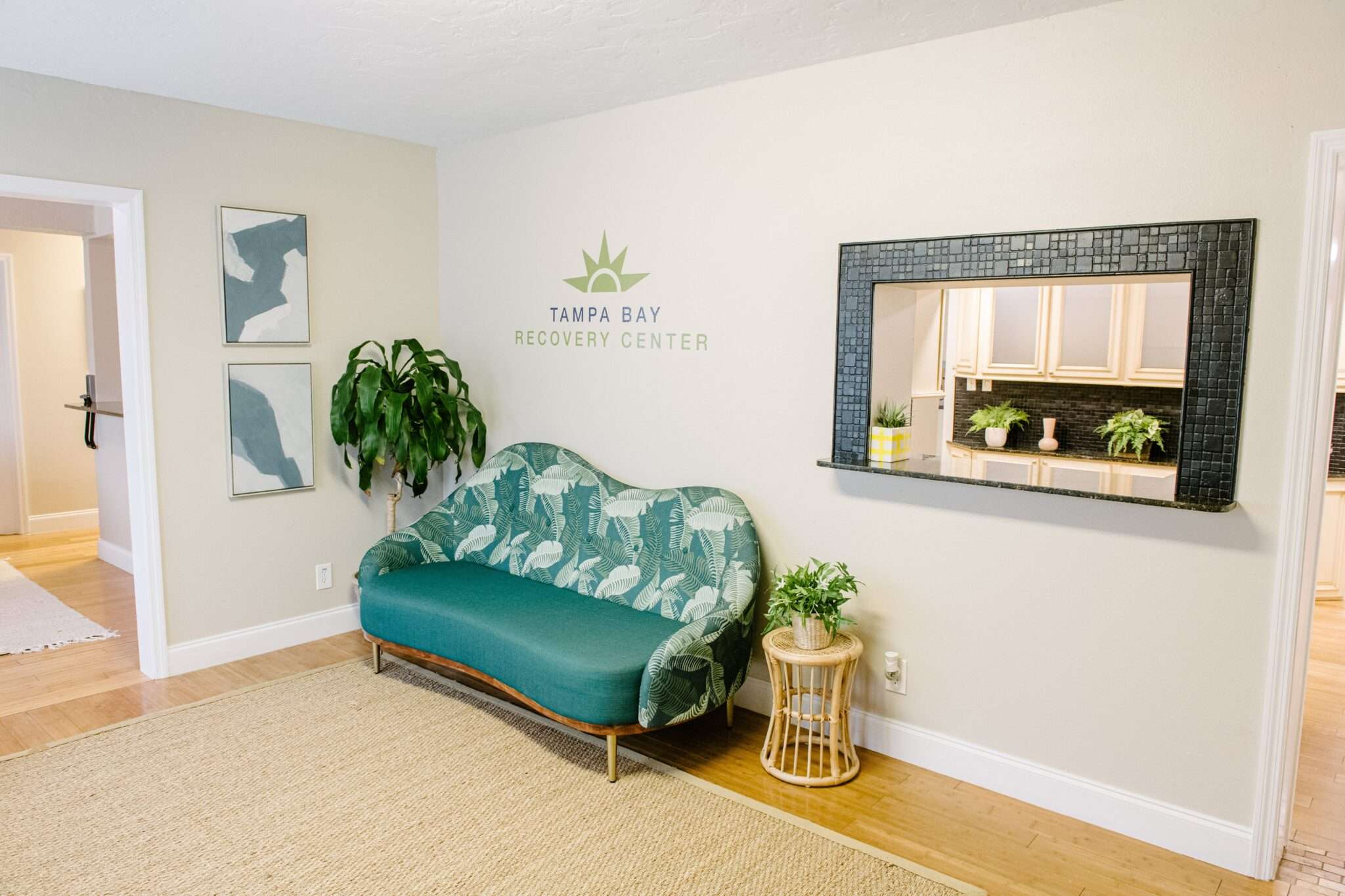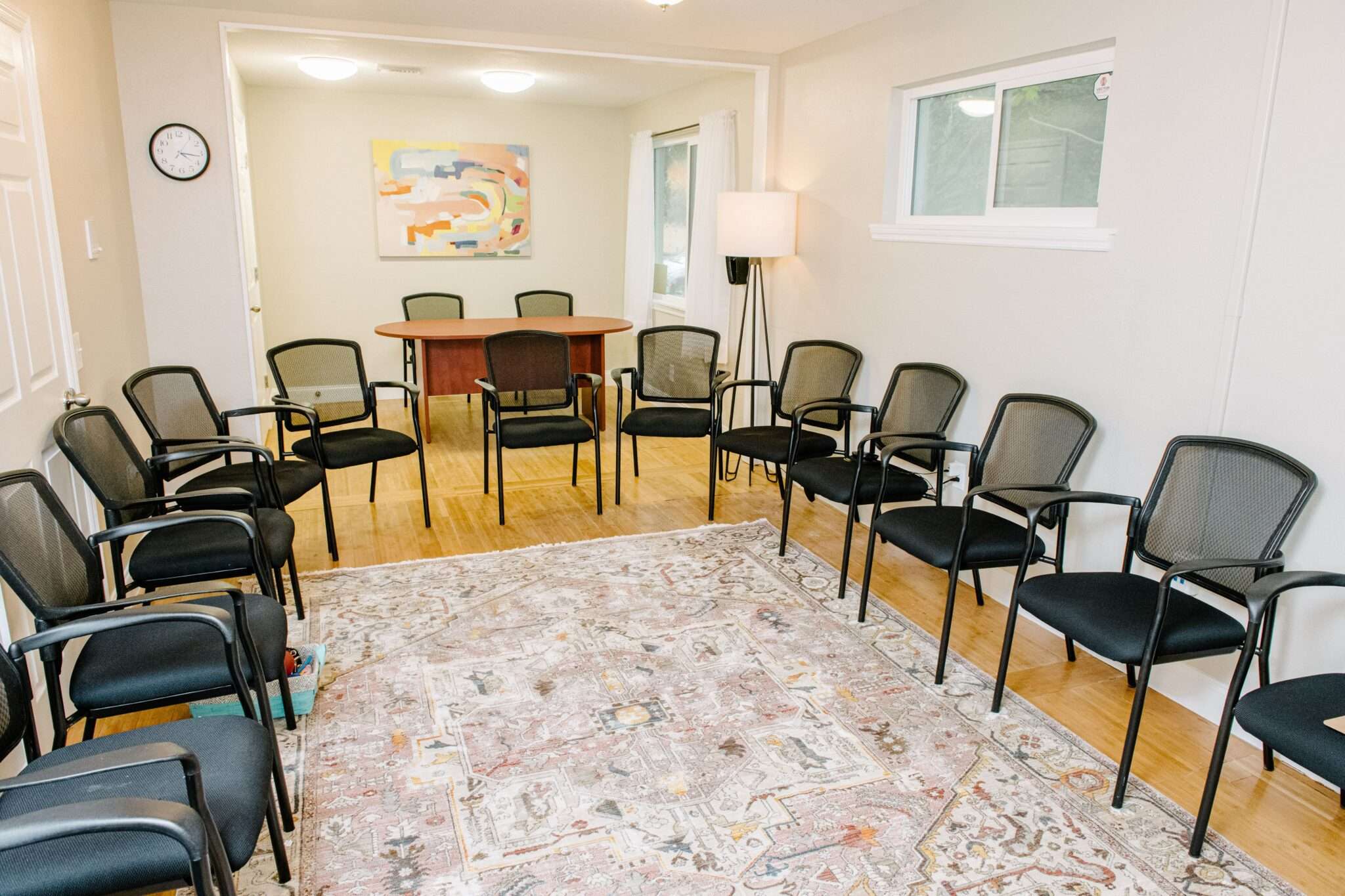Obsessive-Compulsive Disorder (OCD) is a mental health condition that affects millions of individuals worldwide. Despite its prevalence, misconceptions surrounding OCD still persist. Understanding the signs, symptoms, and what OCD can feel like is crucial in providing effective support and treatment. At Gulf Coast Recovery Center, we offer effective treatment for this challenging disorder.
If you or someone close to you has been struggling with OCD or another untreated mental health concern, we are available to help. Contact us today to get started.
Understanding OCD
Obsessive-Compulsive Disorder is characterized by intrusive thoughts (obsessions) and repetitive behaviors (compulsions) that individuals feel driven to perform. These obsessions and compulsions can consume significant amounts of time and interfere with daily activities, relationships, and overall quality of life. According to the International OCD Foundation, “about 1 in 100 adults—or between 2 to 3 million adults in the United States—currently have OCD.”
Signs and Symptoms
Signs of OCD can vary widely among individuals, but common symptoms include:
- Obsessions: Persistent, intrusive, and unwanted thoughts, images, or urges that cause significant anxiety or distress. These may revolve around themes such as contamination, symmetry, harm, or taboo thoughts.
- Compulsions: Repetitive behaviors or mental acts performed in response to obsessions, aimed at reducing distress or preventing a feared event. Examples include excessive hand washing, checking, counting, or repeating rituals.
Types of OCD
OCD manifests in several forms. Each subtype of OCD presents its own unique challenges and symptoms, but all share a common thread of intrusive thoughts and compulsive behaviors that interfere with daily functioning and quality of life. Effective treatment for OCD typically involves a combination of therapy, medication, and support to help individuals regain control over their thoughts and behaviors and improve their overall well-being.
Contamination OCD
This subtype of OCD involves an overwhelming fear of germs, dirt, or contamination. Individuals with contamination OCD may engage in excessive cleaning rituals, such as repeatedly washing their hands or avoiding situations perceived as dirty or risky. These individuals often experience intense anxiety or distress when confronted with potential sources of contamination, leading to avoidance behaviors that can significantly disrupt daily life. For example, someone with contamination OCD might refuse to touch doorknobs, avoid public restrooms, or meticulously sanitize their surroundings to alleviate their fears.
Checking OCD
People with checking OCD experience persistent doubts and fears about potential harm or danger, leading to compulsive checking behaviors. These individuals may repeatedly check doors, appliances, or safety measures (such as locks or switches) to ensure they are secure and prevent harm from occurring. Despite knowing on a rational level that their fears are exaggerated or irrational, the urge to check and recheck becomes overwhelming, often consuming a significant amount of time and energy. This constant need for reassurance can interfere with daily activities, relationships, and overall well-being.
Symmetry/Ordering OCD
This subtype of OCD involves an obsession with order, symmetry, or exactness. Individuals with symmetry/ordering OCD may feel compelled to arrange or rearrange objects until they feel “just right,” often spending hours meticulously organizing items to achieve a sense of balance and perfection. Even minor deviations from their desired arrangement can trigger intense distress and anxiety. This preoccupation with orderliness can extend beyond physical objects to thoughts and mental processes, leading to rigid thinking patterns and a constant need for control.
Hoarding OCD
Hoarding OCD is characterized by a persistent difficulty discarding possessions, regardless of their value or practicality. Individuals with hoarding OCD may accumulate excessive amounts of items, leading to clutter and disorganization in their living spaces. Unlike collectors who may derive pleasure from their possessions, hoarders experience distress and anxiety at the thought of parting with even the most insignificant items. This attachment to possessions can be driven by a fear of losing important information or sentimental value, resulting in emotional distress and social isolation as living spaces become increasingly cluttered and unmanageable.
What Does OCD Feel Like?
Living with OCD can be an overwhelming and distressing experience. Individuals often describe feeling trapped in a cycle of intrusive thoughts and compulsive behaviors, with a sense of losing control over their own mind. The anxiety and distress caused by OCD can be debilitating, affecting all aspects of life, from work and relationships to personal well-being.
Treatment Approaches at GCRC
At Gulf Coast Recovery Center, we understand the complex nature of OCD and tailor treatment plans to meet the unique needs of each individual. Our comprehensive approach to OCD treatment may include:
- Cognitive-Behavioral Therapy (CBT): CBT, particularly Exposure and Response Prevention (ERP), is highly effective in treating OCD by helping individuals confront their fears and reduce compulsive behaviors.
- Medication Management: In some cases, psychiatric medications such as selective serotonin reuptake inhibitors (SSRIs) may be prescribed to alleviate symptoms of OCD.
- Individual Therapy: One-on-one therapy sessions provide a supportive environment for individuals to explore underlying triggers and develop coping strategies.
- Group Therapy: Group sessions offer opportunities for peer support, psychoeducation, and skill-building exercises to manage OCD symptoms.
- Holistic Approaches: Complementary or holistic therapies, such as mindfulness, relaxation techniques, and stress management, may complement traditional treatment methods.
Seeking Help for OCD
If you or someone you know is struggling with OCD, it’s essential to seek help from qualified mental health professionals.
Steps to take include:
- Recognize the Symptoms: Educate yourself about the signs and symptoms of OCD to better understand what you or your loved one may be experiencing.
- Consult a Professional: Schedule an appointment with a licensed therapist or psychiatrist who specializes in OCD treatment.
- Develop a Treatment Plan: Work with your mental health provider to create a personalized treatment plan that addresses your specific needs and goals.
- Stay Committed: Recovery from OCD takes time and effort. Stay committed to your treatment plan, attend therapy sessions regularly, and communicate openly with your treatment team.
Contact Us to Learn More About Mental Health Treatment in Florida
Living with OCD can feel like an endless cycle of intrusive thoughts and compulsive behaviors, but effective treatment and support are available. Gulf Coast Recovery Center offers comprehensive treatment options tailored to each individual’s needs, empowering them to regain control and live fulfilling lives free from the grips of OCD. If you or someone you know is struggling with OCD, take the first step towards healing by reaching out for help today.
If you or a loved one is struggling with OCD, contact Gulf Coast Recovery Center today to learn more about our specialized OCD treatment programs and start your journey toward recovery.
















